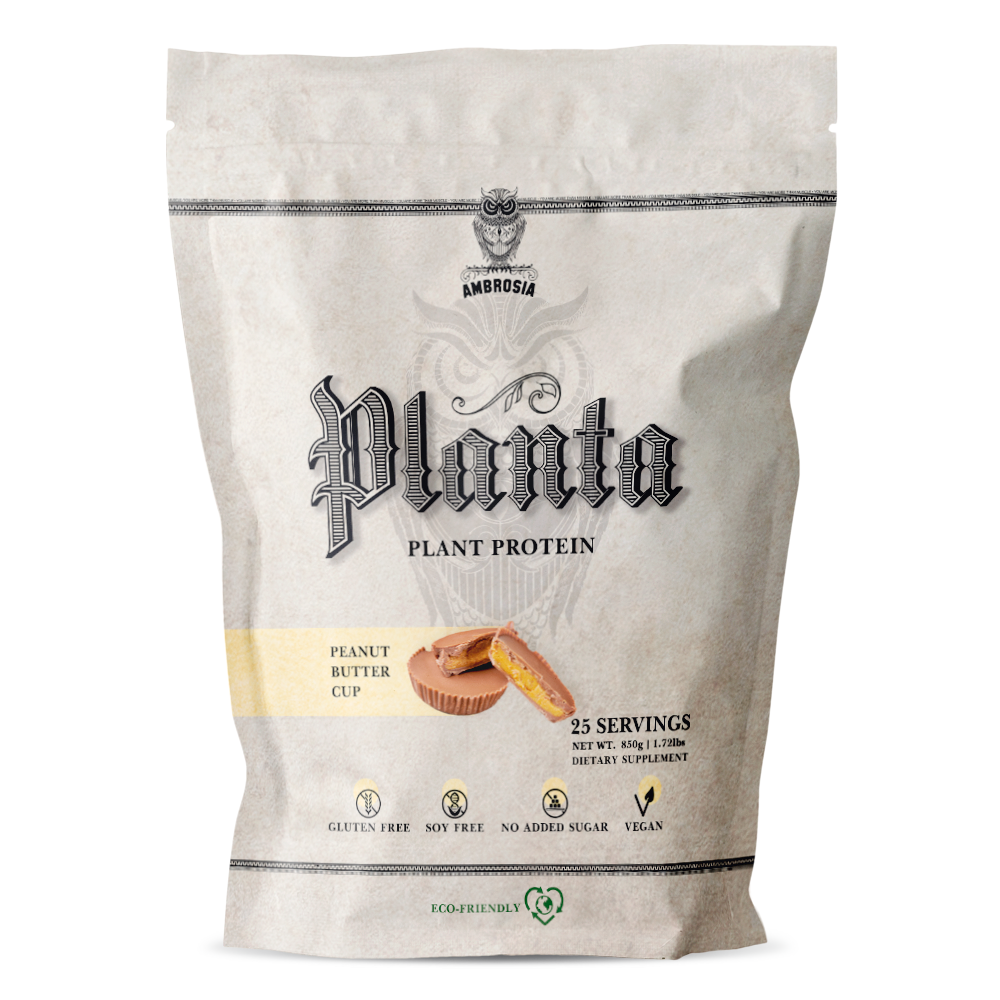Drinking Coffee May Help You Live Longer

For decades there had been a long standing myth that excessive coffee consumption may be linked to several serious diseases including: heart disease, cancer and heart attacks. Many people fall under the preconceived notion that the caffeine in coffee could be linked to chronic disease and even premature death.
However, recent studies have found this myth to be false after conducting a seven year study. In fact, quite the contrary has been shown to be true. Coffee has actually been recently proven to extend lifespan expectancy compared to individuals who don’t consume coffee.
In this piece we’ll take a closer look at the benefits of coffee and longstanding results from the study. Then we’ll dive into how much coffee you should aim to consume within safe limitations.
Results from the Study
A study conducted by the Annals of Internal Medicine recently published a study that closely analyzed and reviewed the coffee habits of over 171,000 UK residents with no pre-existing diseases. The mean age of the participants in the study was 55.6 years old. Baseline information was obtained including demographic, lifestyle and dietary data over the course of a 10 year period from 2009 to 2018.
After following-up with participants 7 years later on average, 3,177 deaths were recorded. However, people who consumed unsweetened coffee had lower risks for all-cause mortality adjusting for various lifestyle indicators and factors. The opposite was true for artificially sweetened coffee drinkers as they experienced higher rates of mortality.
The end result showed that moderate consumption of unsweetened and sugar-sweetened coffee was associated with lower risks of death. Overall, people who drank unsweetened coffee were 16% to 21% less likely to die over the course of the study compared to their peers who didn’t drink coffee. Each participant who drank between one and four cups of coffee per day were 29% to 31% less likely to die throughout the course of the study.
Health Benefits of Coffee
There are a number of health benefits when it comes to drinking coffee you might not even be fully aware of. Although many individuals are fully aware of coffee’s ability to keep you focused and alert—coffee can also provide a number of other health benefits throughout the day.
- Boosts energy levels: coffee is widely known for its ability to fight fatigue and increases energy levels. When it comes to physical activity, coffee can also help prolong exhaustion from exercise by up to 12%.
As you can see there are a number of far reaching health benefits when it comes to drinking coffee on a regular basis. However, individuals should be careful when it comes to coffee consumption and avoid drinking excessive amounts of it. The ideal amount of coffee consumption for people tended to be 1.5 to 3.5 cups of coffee each day.
Drink Coffee for a Longer Life
If you’re looking for a boost to start your day, don’t be afraid to throw back a cup of coffee or two. In fact, it could be just what you need to get you through the day while providing a wide array of health benefits.
If you’ve been searching for a way to live a longer and healthier life, look no further than your local cup of joe. Just try to avoid adding too much sugar and/or creamers to it, as it could negate some of the positive health effects of coffee.
I’m here to help provide you with the tools and resources needed to lead a happier and healthier lifestyle. If you have any other questions or would like to learn more about how coffee can improve your life expectancy, feel free to reach out for additional information and support.
Yours in Health,
Sean Torbati


































